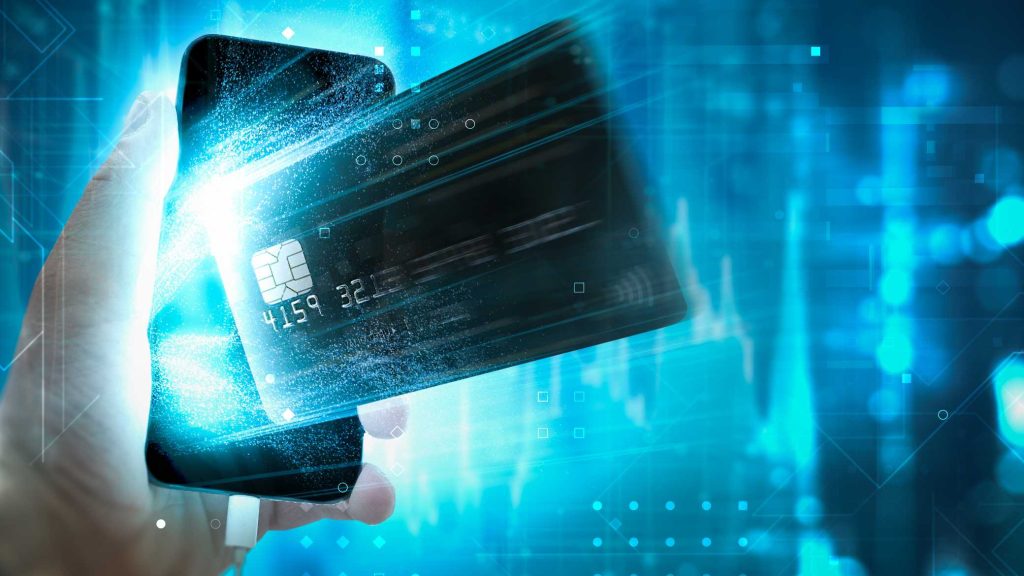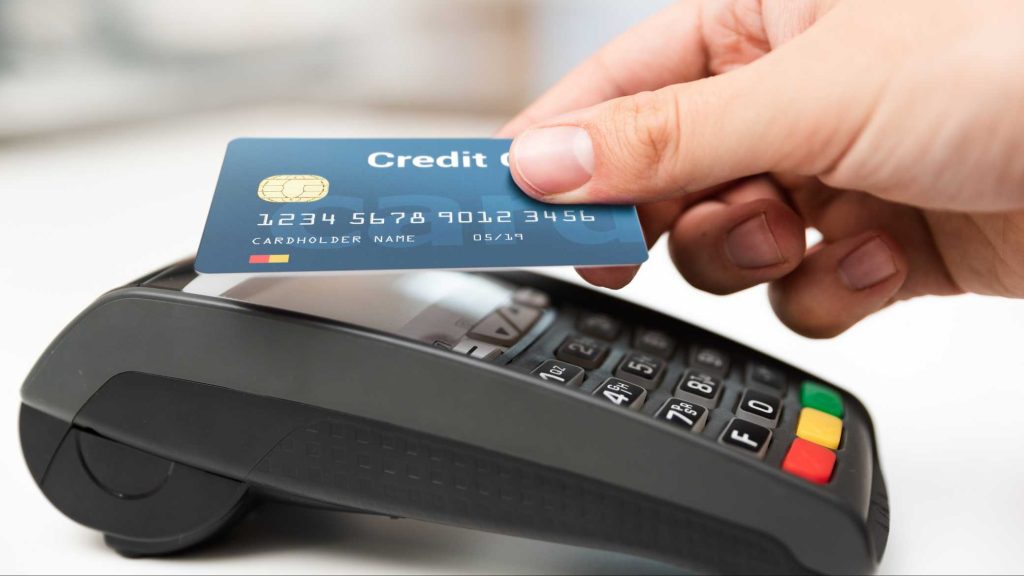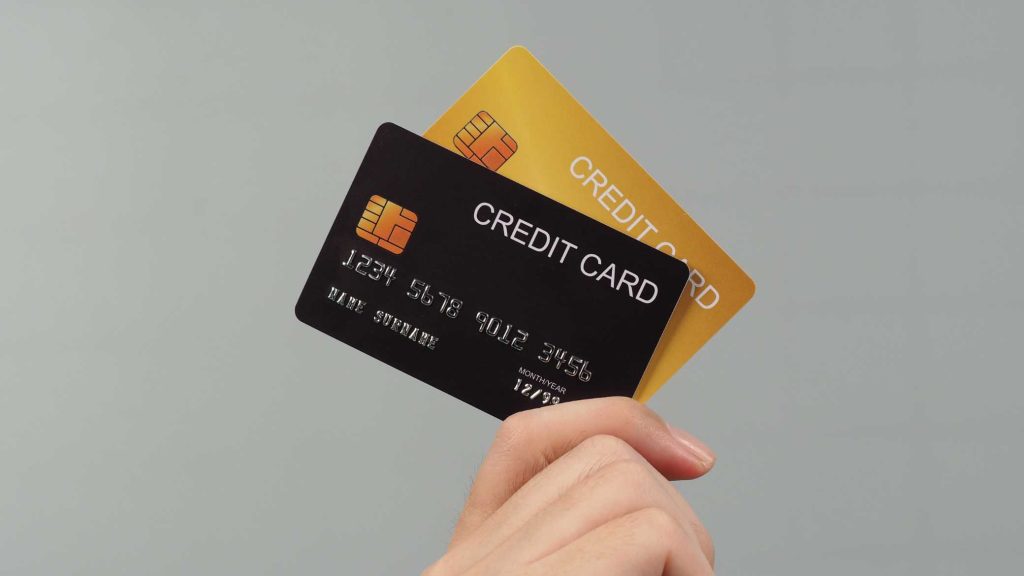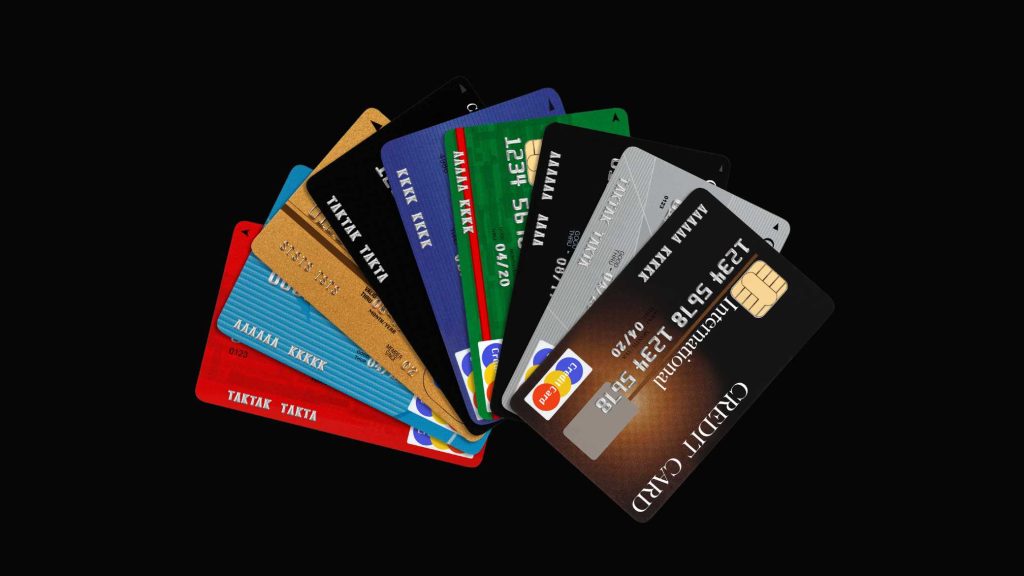Credit Card Debt : Are You in Debt Despite Using a Credit Card ? Here’s How to Prevent Financial Disaster – Comprehensive Guide 2024
Credit Card Debt : In today’s fast-paced financial world, credit cards have become an essential tool for many consumers. Whether for convenience, reward points, or simply the ability to defer payments, credit cards offer an alluring sense of financial flexibility. But beneath the surface, this convenience can quickly spiral into a financial nightmare if not managed wisely. Millions of people find themselves caught in the cycle of credit card debt, burdened by high-interest payments, late fees, and the constant pressure of repayments.
Table of Contents
In this essay, we will explore the factors that contribute to credit card debt, why it can become such a dangerous financial trap, and—most importantly—what steps you can take to avoid or manage this debt effectively. By understanding both the benefits and risks of credit cards, you can make informed decisions that prevent financial disaster.
Understanding the Appeal of Credit Cards

Before diving into the dangers, it is essential to understand why credit cards have become so popular in the first place. Credit cards provide a level of convenience and financial flexibility that is hard to match. Instead of carrying cash or navigating cumbersome loan applications, you can simply swipe your card and walk away with your purchase. Additionally, credit cards often come with a range of enticing benefits:
- Reward Points and Cashback: Most credit cards offer some form of rewards program, where you earn points or cashback on every purchase. These rewards can often be redeemed for discounts, travel perks, or even gift cards. The lure of accumulating points can encourage more frequent spending, creating a false sense of financial gain.
- Deferred Payments: One of the most attractive features of a credit card is the ability to defer payment. Instead of paying for a purchase upfront, you can repay the balance over time, giving you more flexibility in managing your cash flow. This can be especially helpful during financial crunches.
- Credit Building: Proper use of a credit card can help you build a good credit score, which is essential for obtaining loans, securing better interest rates, or even renting a home.
However, as with most things in life, these benefits come with strings attached. The ease of access and deferred payments can lead to significant financial issues if not managed properly. Credit cards are a double-edged sword, and failure to understand the risks can lead to debt accumulation that is hard to escape.
The Hidden Dangers of Credit Card Usage

Credit cards, while convenient, come with inherent risks that, if overlooked, can lead to financial distress. Let’s explore some of the major dangers associated with credit card usage:
- Uncontrolled Spending: The convenience of credit cards can lead to unnecessary purchases. When you swipe your card for every small expense—whether it’s a meal, a piece of clothing, or a gadget—it can become easy to forget that you are borrowing money. Since there’s no immediate depletion of funds from your bank account, it often feels like you’re not spending real money. This can result in overspending, leading to a hefty credit card bill at the end of the month.
- The Debt Trap: Credit cards allow you to spend more than you earn, but if you don’t have the discipline to repay the amount promptly, the interest on your balance can accumulate quickly. Over time, the debt grows and becomes harder to manage. Worse still, if you continue making purchases while carrying a balance, you’re likely to increase your debt substantially. This is how many people fall into the credit card debt trap.
- High-Interest Rates: Credit cards typically come with high-interest rates, often ranging between 18% and 30% annually, depending on the card and your creditworthiness. If you fail to pay your full balance every month, you will incur interest charges on the remaining amount. These interest charges can add up quickly, making it more difficult to pay off your debt. The longer you carry a balance, the more you end up paying in interest.
- Late Fees and Penalties: Missing your credit card payment due date can result in hefty late fees. Additionally, missed payments can trigger an increase in your interest rate, making it even harder to reduce your debt. Over time, late payments can also negatively impact your credit score, making it more challenging to qualify for loans or lower-interest credit options in the future.
- Reward Points as a Trap: While reward points and cashback offers can seem like a great way to get “free money,” they can also encourage you to spend more than you should. Many people fall into the trap of justifying unnecessary purchases in order to earn reward points or cashback bonuses. However, these rewards are often minuscule compared to the amount of debt you might accumulate as a result of extra spending.
- Mental and Emotional Strain: Credit card debt doesn’t just affect your financial health—it can also take a toll on your mental well-being. The constant worry about debt repayments, high-interest rates, and the fear of further financial strain can lead to anxiety, stress, and even depression. This mental burden can also strain relationships and lead to poor decision-making when it comes to future financial choices.
How to Avoid Credit Card Debt

While the dangers of credit card debt are real, they are not inevitable. By using your credit cards wisely and adopting disciplined financial habits, you can enjoy the benefits without falling into the debt trap. Here are some strategies to avoid or minimize credit card debt:
1. Limit Your Expenses
One of the most effective ways to prevent credit card debt is by controlling your spending. Set a budget and stick to it. Determine how much you can afford to spend on your credit card each month based on your income and other financial obligations. It’s important to treat your credit card as if it were cash—only spend what you can repay in full at the end of the month.
You can also consider setting a spending limit on your credit card to prevent overspending. Most banks and credit card providers allow you to set a limit on how much you can spend in a given period, which can be a helpful tool for staying within your budget.
2. Understand Your Credit Card Fees and Penalties
Before you begin using your credit card, take the time to understand its fee structure. Different credit cards come with different fees, including annual fees, late payment fees, and foreign transaction fees. Familiarize yourself with these charges so that you can avoid unnecessary costs.
Also, mark your payment due dates in your calendar or set up automatic reminders to ensure that you never miss a payment. Late fees and increased interest rates can be detrimental to your financial health, so staying on top of your payment schedule is essential.
3. Pay Off Your Balance in Full Every Month
The most effective way to avoid credit card debt is to pay off your full balance every month. By doing so, you avoid incurring interest charges and prevent debt from accumulating. Treat your credit card as a tool for convenience, not as a source of long-term borrowing.
If you find it difficult to pay off the entire balance at once, prioritize paying more than the minimum payment. Minimum payments often barely cover the interest charges, meaning your debt will continue to grow. By paying more than the minimum, you can reduce the overall amount owed and shorten the repayment period.
4. Avoid Using Credit Cards to Pay Off Other Debts
One of the most dangerous habits people develop is using credit cards to pay off other debts. This creates a cycle of borrowing that only worsens your financial situation. If you already have existing debt, avoid taking on more credit card debt to pay it off.
Instead, focus on finding alternative ways to repay your current debt. You might consider selling some of your assets, liquidating unnecessary items, or adjusting your monthly budget to free up cash. Taking on new debt to repay old debt will only increase your overall financial burden.
5. Make Repayments Weekly
Instead of waiting until the end of the month to make your credit card payments, consider making repayments on a weekly basis. This can help you stay on top of your debt and prevent it from growing too large to manage. By making smaller, more frequent payments, you can reduce the amount of interest that accrues and ensure that you’re consistently reducing your overall balance.
Also Read : Personal Loan or Credit Card ?: Why Low Interest Rates ? Which Would You Choose?
Weekly payments can also help you stay disciplined in your spending habits. When you’re paying off your balance regularly, you’re less likely to overspend or lose track of how much debt you’ve accumulated.
6. Accelerate Your Repayments
If you find yourself carrying a credit card balance from month to month, it’s essential to pay off your debt as quickly as possible. One way to do this is by accelerating your repayment schedule. Instead of sticking to the minimum payment or the regular monthly payment, consider paying more than required whenever possible.
If you receive any extra income, such as a bonus from work, a tax refund, or unexpected savings, use that money to pay down your credit card debt. The faster you can repay your balance, the less interest you’ll accumulate, and the sooner you’ll be debt-free.
7. Avoid the Minimum Payment Trap
Many credit card users fall into the trap of only making the minimum payment each month. While it might seem manageable in the short term, minimum payments are designed to stretch out your debt repayment over a long period of time. During that period, you’ll continue to accumulate interest, making it more expensive to pay off your debt in the long run.
Whenever possible, aim to pay off your full balance each month. If that’s not feasible, always strive to pay more than the minimum payment to reduce the amount of interest you’re being charged.
8. Monitor Your Credit Card Statements Regularly
It’s important to regularly review your credit card statements to track your spending and ensure there are no errors or fraudulent charges. Many people fall into debt because they fail to keep a close eye on their statements and don’t realize how much they’re spending until it’s too late.
By reviewing your statements every month, you can catch any potential issues early, stay on top of your spending habits, and ensure that you’re making timely payments.
Credit Card Debt – Conclusion:

Credit cards are a valuable financial tool that can offer convenience, flexibility, and rewards. However, they must be used responsibly to avoid falling into the trap of debt. By understanding the risks associated with credit card usage and adopting smart financial habits, you can prevent financial disaster and enjoy the benefits without the burden of debt.
Buy Now : Options Trading Master Class
The key to successful credit card management lies in discipline and planning. Set clear spending limits, stay on top of your payments, and always prioritize paying off your balance in full. By doing so, you can avoid the pitfalls of credit card debt and maintain your financial well-being.
If you’ve already found yourself in credit card debt, don’t panic—there are ways to get back on track. Start by creating a repayment plan, cut back on unnecessary expenses, and explore options like weekly repayments or accelerated payments to reduce your debt more quickly. With the right strategy and a commitment to responsible financial management, you can overcome credit card debt and achieve financial freedom.



